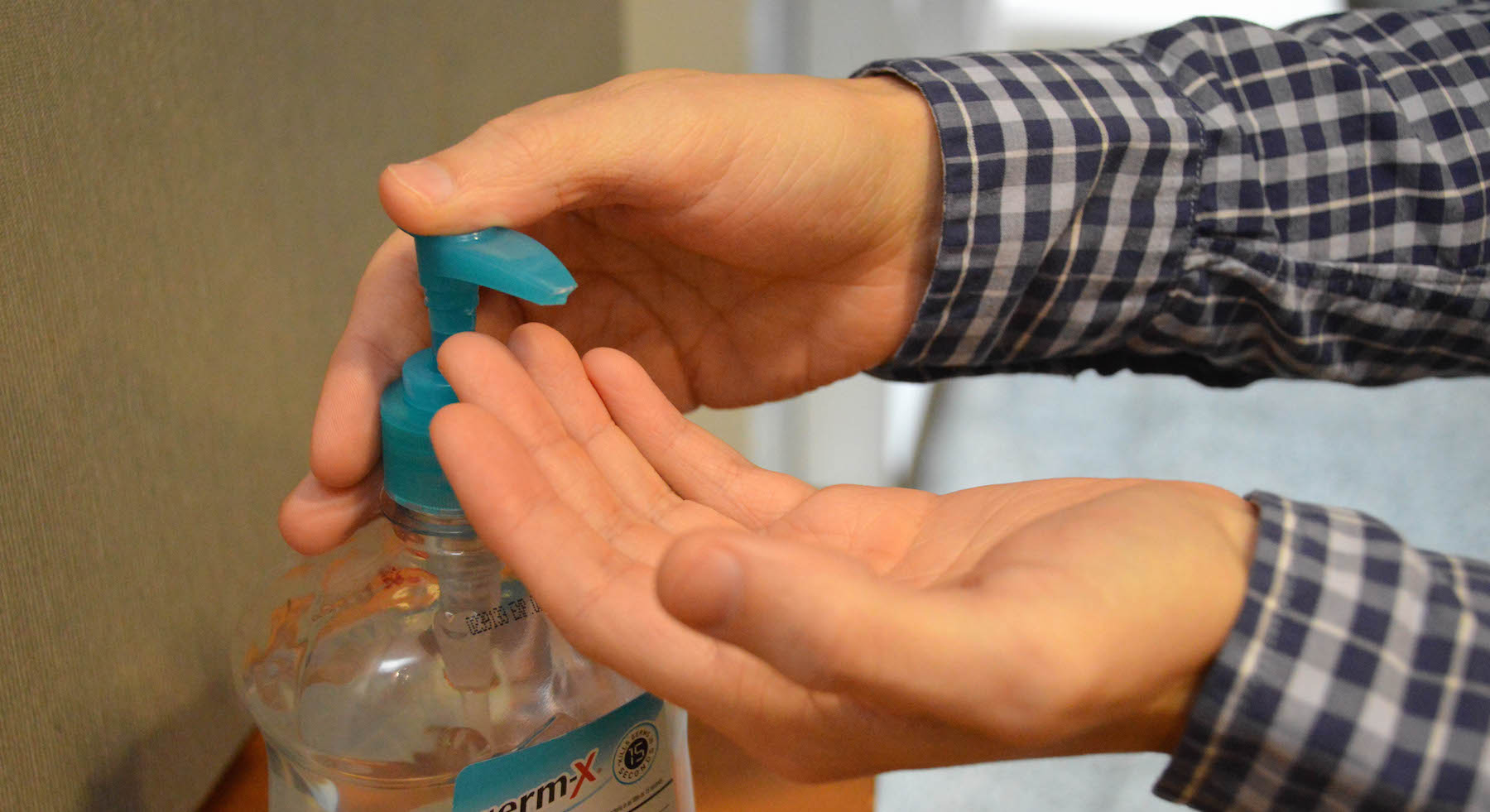Although there had been no confirmed cases of coronavirus in Oklahoma as of Thursday morning, experts say that we should be preparing for the viral outbreak to reach the state.
The virus may be new, said OMRF President Stephen Prescott, M.D., but the most effective means of prevention are not.
“The best ways to protect yourself are the simple ones you hear every cold and flu season: Wash your hands as often as you can stand, and keep them out of your eyes, nose and mouth,” said Prescott, a physician and researcher.
Alcohol-based sanitizers also destroy the virus. “Just make sure they contain at least 60 percent alcohol,” he said.
The virus spreads through tiny viral droplets, which pass from one person to another through mucus or saliva. Infected people transmit them by coughing, sneezing, talking or breathing.
“If you can smell what someone ate for lunch, you’re probably inhaling what they’re exhaling, including droplets,” said Prescott. “And you certainly want to keep ample distance if someone is exhibiting cold or flu symptoms.”
Whenever possible, Prescott recommends maintaining personal space. “But there’s no need to wear a mask, as they haven’t been shown to guard against droplet infection,” he said.
The virus also survives on surfaces for a significant period of time. “That means you can infect yourself by touching that surface and then putting your hand in your nose, mouth or eyes,” said Prescott.
In cases of severe infection, doctors administer supportive care, primarily oxygen therapy. They also use antibiotics to prevent secondary infections.
“While there are currently no treatments approved specifically to treat the condition, remdesivir, an investigational antiviral drug not yet approved the FDA, has shown promise in animal models of other serious coronaviruses,” said Judith James, M.D., Ph.D., an immunologist and vice president of clinical affairs at OMRF.
Remdesivir is one of several therapies currently undergoing clinical trials for treatment of Covid-19. Similarly, trials of a vaccine are scheduled to begin in the spring.
“The process will take time,” James said. “But with our knowledge of coronaviruses and biomedical research expertise, developing a preventative vaccine stands as an attainable goal.”



